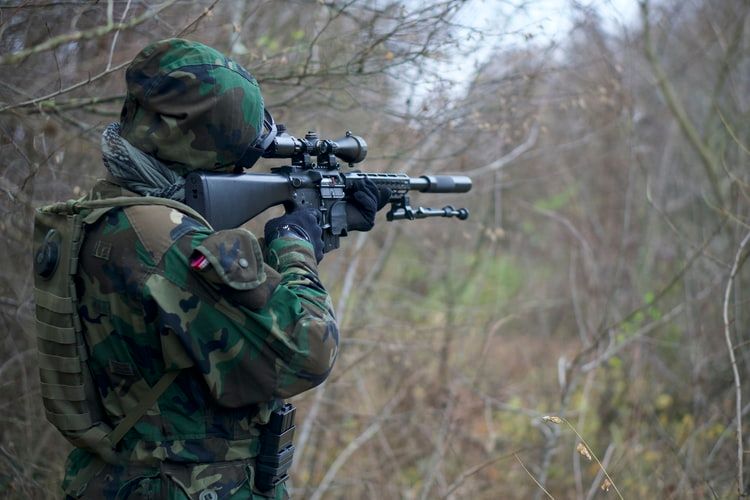It gives powers to the military, state and central police forces to shoot to kill, search houses and destroy any property that’s “likely” to be employed by insurgents in areas declared as “disturbed” by the house ministry. When there is a case of militancy or insurgency, as well as a threat to India’s territorial integrity, AFSPA is triggered.
Even with “reasonable suspicion,” security agents can “arrest someone without warrant” who has or is “about to commit a cognizable offence.” It also provides security forces with legal immunity for actions in disturbed areas. While the soldiers and also the government justify its need so as to combat militancy and insurgency, critics have acknowledged cases of possible human rights violations linked to the act.
Pre-Independence
Like many other problematic statutes, the AFSPA has colonial roots. The AFSPA was first adopted as an ordinance in 1942, in the midst of the nationalist Quit India Movement. The movement began on August 8, 1942, and grew violent in several parts of the country. Leaders like Gandhi, Patel and a bunch of others had been put behind bars. The military (Special Powers) Ordinance, 1942, was promulgated by Viceroy Linlithgow, who was shaken by the magnitude of violence across the country. This Ordinance practically gave the militia a “licence to kill” when faced with internal disturbance. In 1947, the Indian government issued four ordinances modelled on this one to address internal security concerns and instability caused by partition in four provinces: Bengal, Assam, and West Bengal, East Bengal and also the United Provinces.
Significance
The armed forces are deployed in counter-insurgency / terrorist operations when all other forces available to the State have failed. The armed forces operating in such an environment require certain special powers and protection within an enabling law. As a result, AFSPA is absolutely necessary for combating insurgency within the country and securing the country’s borders.
Criticism
It provides absolute powers to the armed forces without accountability. This results in various atrocities and human rights violations by security agencies. Critics say the undemocratic act has not contained terrorism because the number of armed groups has gone up after the act was established. Many even hold it accountable for the spiralling violence in areas where it has been imposed. The Justice Jeevan Reddy Committee was founded in 2005 to review AFSPA and make recommendations. It was suggested that AFSPA be repealed and the Unlawful Activities Protection Act be reinforced in order to combat militancy. This been a contentious issue, with human rights organisations condemning it as being too forceful. Irom Chanu Sharmila of Manipur, a famous human rights activist, had worked for the abolition of the AFSPA for 16 years, till mid-2016.
Way Forward
To reduce the likelihood of abuse, AFSPA should be made more comprehensive, with detailed guidelines referencing the tactic of investigating alleged human rights abuses. The forces should conduct fresh investigations into all alleged cases of human rights violations.







